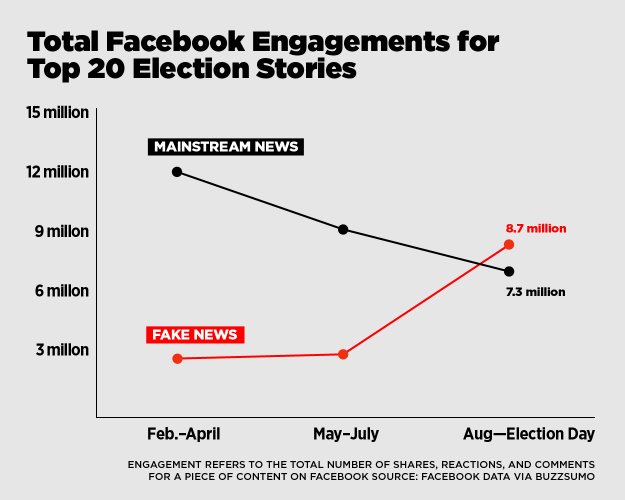
❝ Everyone saw the hackers coming…The National Security Agency in Washington picked up the signs. So did Emmanuel Macron’s bare-bones technology team. And mindful of what happened in the American presidential campaign, the team created dozens of false email accounts, complete with phony documents, to confuse the attackers.
❝ The Russians, for their part, were rushed and a bit sloppy, leaving a trail of evidence that was not enough to prove for certain they were working for the government of President Vladimir V. Putin but which strongly suggested they were part of his broader “information warfare” campaign…
But that outcome was hardly assured on Friday night, when what was described as a “massive” hacking attack suddenly put Mr. Macron’s electoral chances in jeopardy. To French and American officials, however, it was hardly a surprise.
❝ …The staff at Mr. Macron’s makeshift headquarters in the 15th Arrondissement at the edge of Paris didn’t need the N.S.A. to tell them they were being targeted: In December, after the former investment banker and finance minister had emerged as easily the most anti-Russian, pro-NATO and pro-European Union candidate in the presidential race, they began receiving phishing emails.
Even before then, the Macron campaign had begun looking for ways to make life a little harder for the Russians, showing a level of skill and ingenuity that was missing in Hillary Clinton’s presidential campaign and at the Democratic National Committee, which had minimal security protections and for months ignored F.B.I. warnings that its computer system had been penetrated.
❝ “We went on a counteroffensive,” digital director, Mounir Mahjoubi said. “We couldn’t guarantee 100 percent protection” from the attacks, “so we asked: what can we do?” Mr. Mahjoubi opted for a classic “cyber-blurring” strategy, well known to banks and corporations, creating false email accounts and filled them with phony documents the way a bank teller keeps fake bills in the cash drawer in case of a robbery…
Mr. Mahjoubi refused to reveal the nature of the false documents that were created, or to say whether, in the Friday document dump that was the result of the hacking campaign, there were false documents created by the Macron campaign.
But he did note that in the mishmash that constituted the Friday dump, there were some authentic documents, some phony documents of the hackers’ own manufacture, some stolen documents from various companies, and some false emails created by the campaign.
❝ “It’s clear they were rushed,” Mr. Hultquist said. “If this was APT28,” he said, using the name for a Russian group believed to be linked to the GRU, a military intelligence agency, “they have been caught in the act, and it has backfired for them.”
Russian hackers were dealing with not only a better educated populace; but, a more sophisticated audience than American voters. LePen and her populist campaign had to walk away from the most backwards aspects of campaigns her father would have run twenty or thirty years ago. She could not substitute anti-Semitism for Trump’s anti-Mexican slurs – as her father would have.
Trump’s dalliance in misogynist assaults might have cynical appeal to fools in France – as they do in the United States. But, Trump’s contempt for physically-handicapped wouldn’t play – for example – in a nation where until recently public transport still reserved front seats for victims of war.
The French shrugged off Big Lies because they knew from experience what the population in general was gifted by populist liars – and their supporters, domestic or foreign.









